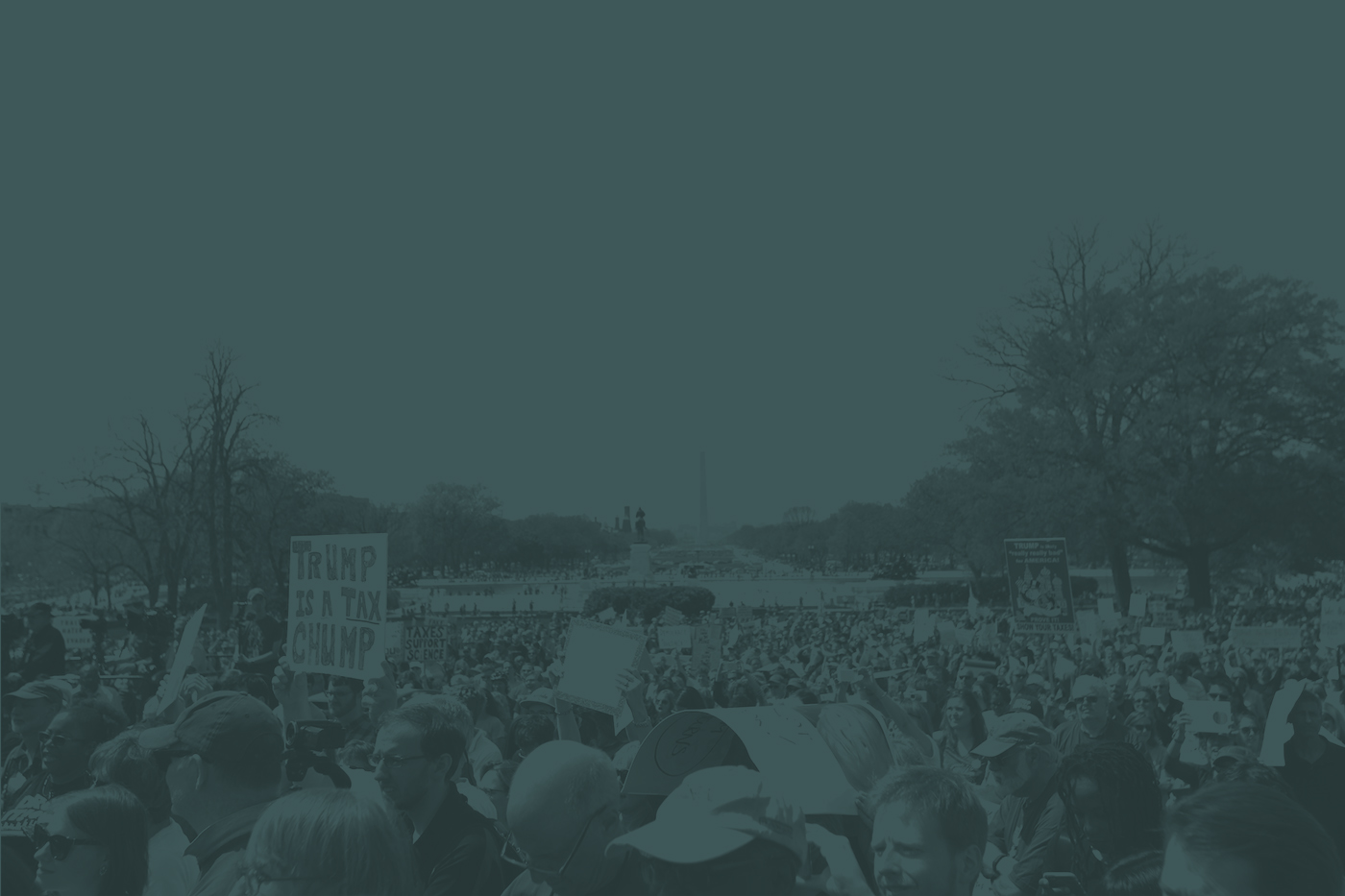Amid Nationwide Protests, Black Women Lift Their Voices for Economic Justice
WASHINGTON, D.C. — Last night, spoken word poets Ebony Stewart, Aris Kian and Aleah Bradshaw debuted new work highlighting the intersection of racism and economics that has helped fuel nationwide protests this summer.
Nearly 200,000 people have viewed their talk, organized by Tax March, Color of Change, and Write About Now.
The poems came against the backdrop of nationwide protests over the shooting of Jacob Blake in Kenosha, WI, and the murders of two protestors by Kyle Rittenhouse – a 17-year old white nationalist.
They were inspired by America’s persistent racial wealth gap. The median Black American family has a net worth of $3,600 – just 2% of the median white family at $147,000. Meanwhile the 400 richest households in the U.S. own more wealth than all Black households combined.
The event was moderated by Mariah Monsanto, She Safe We Safe Organizer at the Black Youth Project, and the group was joined by economist Darrick Hamilton, Executive Director of the Kirwan Institute for the Study of Race and Ethnicity at Ohio State University.
Video of the full session is available here.
Videos of each poet’s pieces are available at:
- 9:55: Dearly Beloved by Aleah Bradshaw
- 15:35: Blackness as Prophet 2.0 by Ebony Stewart
- 20:47: Two Things by Aris Kian
Bradshaw discussed the importance of humanizing the statistics of inequality: “Seeing the quantifiable effects of slavery was very jarring for me, and I knew that I wanted to write about it in a way that made those numbers more human…helped people see the actual story behind these things, rather than seeing them just as numbers and statistics.”
Ms. Stewart focused on her rage when confronted with the racial wealth gap: “I wanted to show the rage and the range…what Black people are specifically going through when we talk about things being systematic and systemic,” she said. “The rage was built from this idea that people know these numbers, and it still continues.”
Ms. Kian highlighted the resistance of Black communities: “I realized how much labor the people have to do in order to hold their government accountable,” she said. “As I continued to do research I started to realize all the ways in which communities have come together to dismantle these systems.” Noting the Black Panthers’ community food programs, she added, “Communities are really the ones doing this work. That’s just something that Black people are continuously doing – Black poets, Black creatives, Black community organizers.”
Mr. Hamilton discussed what it will take to close the racial wealth gap: “It was largely a New Deal policy wherein the federal government literally gave entitlements, cash and asset giveaways…that generated a white, asset-based middle class,” he said. “What we need now is one that’s explicitly anti-racist and anti-sexist.”
To speak with these presenters or a Tax March spokesperson, please email [email protected].
# # #
Facebook: https://www.facebook.com/
Twitter: https://twitter.com/taxmarch
Website: http://www.taxmarch.org
